 Nausea: Common Causes and Natural Healing Strategies
Nausea: Common Causes and Natural Healing Strategies
Nausea is an uncomfortable feeling in the stomach that slowly rises, makes you feel like vomiting, and leaves you feeling unwell. Nausea is an unpleasant feeling that we all experience from time to time for a number of reasons. You may develop this due to both physical and emotional reasons. The good news is that there are safe and natural healing strategies to prevent and reduce your nausea symptoms.
In this article, you will learn what nausea is and its common causes. I will also share my top natural healing strategies for nausea to improve your well-being rapidly.

What is Nausea
Nausea is a discomfort in the stomach accompanied by a feeling of wanting to vomit. In some cases, nausea is the precursor of vomiting. Vomiting may even release the sensation.
However, in other cases, it occurs without actual vomiting. When feeling nauseous, you may also experience pale skin, extra saliva, increased heart rate or pulse, or cold sweat.
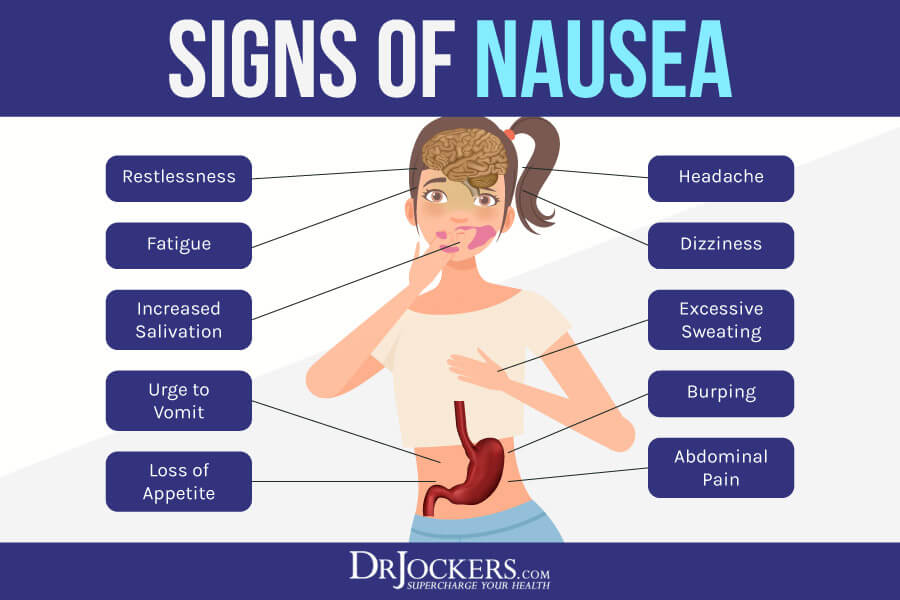
Common Causes of Nausea
Nausea is actually a protective mechanism of your body. Your brain receives messages that there is a threat, such as intestinal blockage, toxic buildup, stress, or strong negative emotion, and sends nausea as a signal of the problem.
Most of us have experienced short-term nausea while we were fighting a certain infection, while others have experienced this on and off throughout their whole lives. Nausea may have a variety of causes that we will consider below.

Poor Digestion and GERD
It may not be surprising to learn that one of the common causes of nausea is related to poor digestion and issues related to digestion. Gastroesophageal reflux disease (GERD), heartburn, and acid reflux may cause the contents of your stomach to move up to your esophagus while or after eating.
This may not only result in a burning sensation but may make you feel nauseous as well. In some cases, people do not feel heartburn but only experience this condition as a mild to moderate level of nausea.
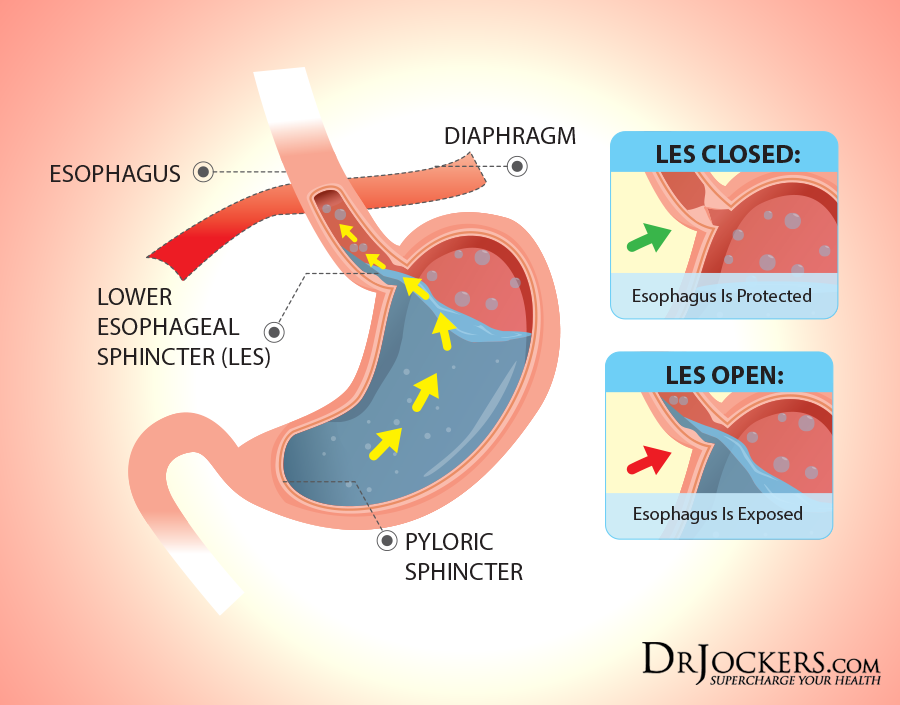
Food Allergies and Sensitivities
Food allergies are immediate immune responses to foods we eat and can potentially be life threatening. In some cases, nausea and vomiting may be associated with a specific food allergy.
Unlike food allergies, food sensitivities do not result in immediate reactions to food but cause chronic issues when you consume food that you are sensitive to regularly. Reactions often occur several days after eating the food.
Some of the common foods people tend to be sensitive to include gluten, dairy, soy, sugar, wheat, shellfish, fish, peanuts, tree nuts, and corn, however, you may be sensitive to anything else. One of the common signs of food sensitivity is nausea and digestive disturbances. To learn more about food sensitivities and how to identify them, I recommend reading this article (1).
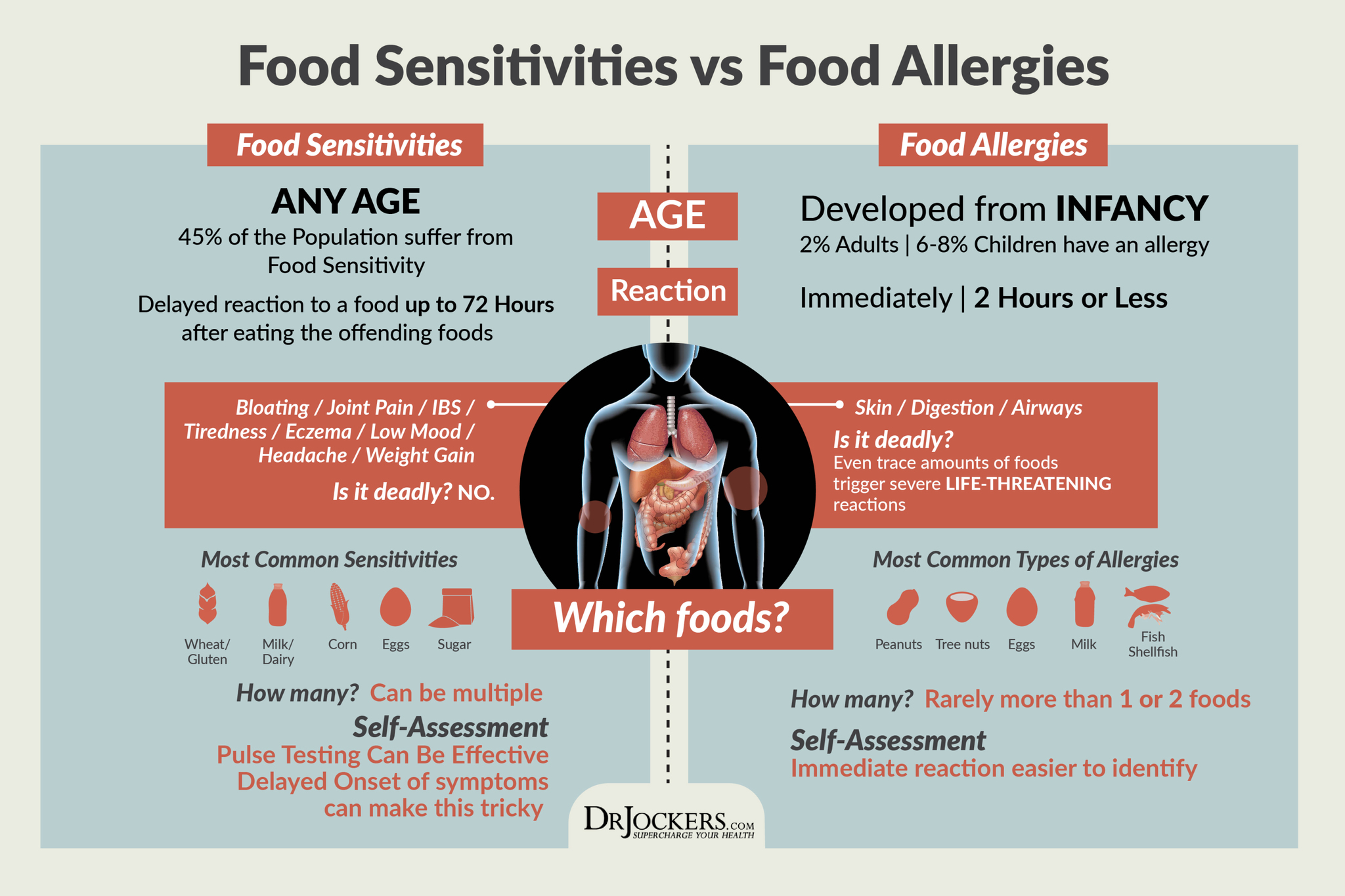
H. Pylori Overgrowth and Nausea
Helicobacter pylori or H. pylori is a certain bacteria that infects the stomach and small bowel. The infection usually occurs during childhood. About half of the world has H. pylori, yet most people don’t know about it because they either never get sick or don’t realize that their symptoms are due to the presence of the bacteria.
H. pylori is one of the main risk factors for peptic ulcers, stomach cancer, and gastritis. It may also be one of the common causes of nausea (2).
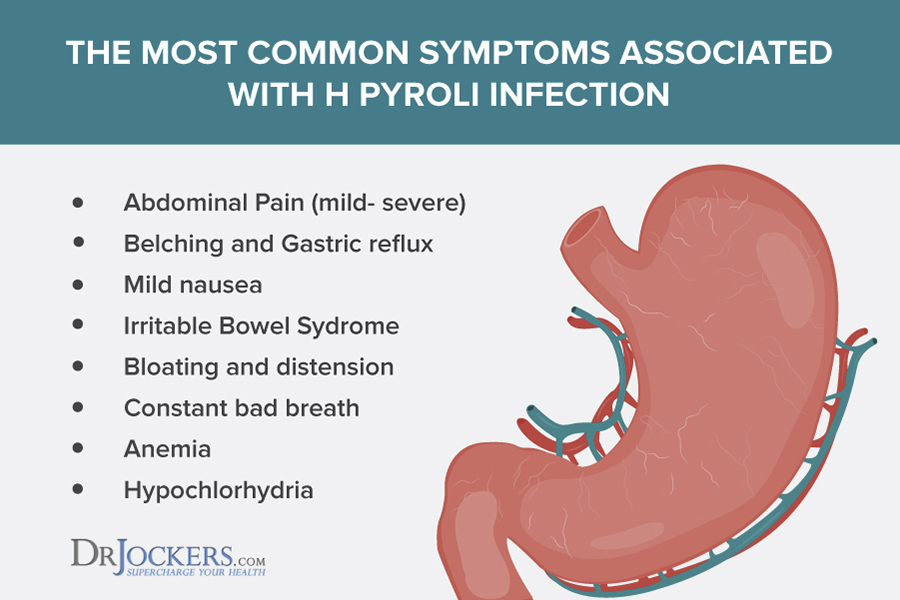
Bacterial Infections, SIBO and Dysbiosis
Many of us have experienced food poisoning where we consumed food contaminated with pathogenic bacteria such as E Coli or Salmonella. One of the most common symptoms associated with food poisoning is nausea and vomiting. These symptoms are short lived but can be debilitating.
Problems occur when we have long-term, low-level bacterial overgrowths in our small or large intestines. This is called dysbiosis or an abnormal balance of good and bad bacteria. Small intestinal bacterial overgrowth (SIBO) is a common intestinal problem characterized by excessive bacteria in the small intestine. One of the main symptoms of SIBO is nausea.
Besides nausea, people with SIBO may also experience chronic diarrhea, malabsorption, nutritional deficiencies, unintentional weight loss, and osteoporosis (3). You can test for SIBO through a breath test and you may also see certain markers common to SIBO in an Organic Acid test.
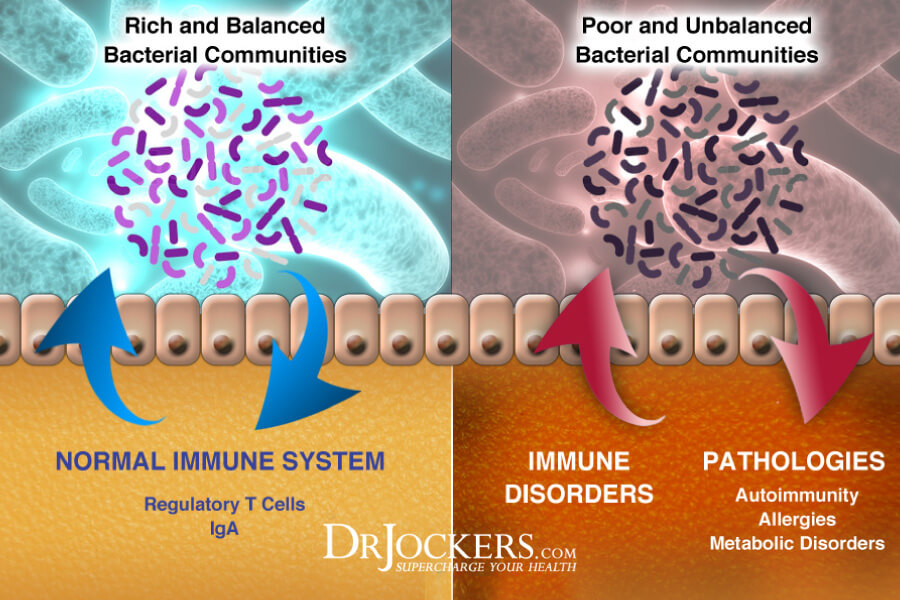
Viral Infection
We often experience nausea when we come down with a viral infection. Viruses can be related to our gastrointestinal system such as the noravirus and rotavirus or they can be more systemic such as the flu virus.
Viral related nausea is often short term during the infection period and goes away as the body catches up and suppresses or eliminates the pathogen. The key is to do your best to rest and improve your immune system until you get through the symptomatic period of the viral infection.

Motion Sickness
Motion sickness may also be referred to as seasickness. It may be caused by a boat ride, a bumpy ride in a vehicle, an airplane trip, a roller coaster or other amusement park ride, or even sitting backward in a vehicle.
You may experience motion sickness from all or only one or some of these movements. When you get motion sickness, the movement sends messages to your brain that are not in sync with your senses which may lead to nausea, dizziness, or even vomiting.
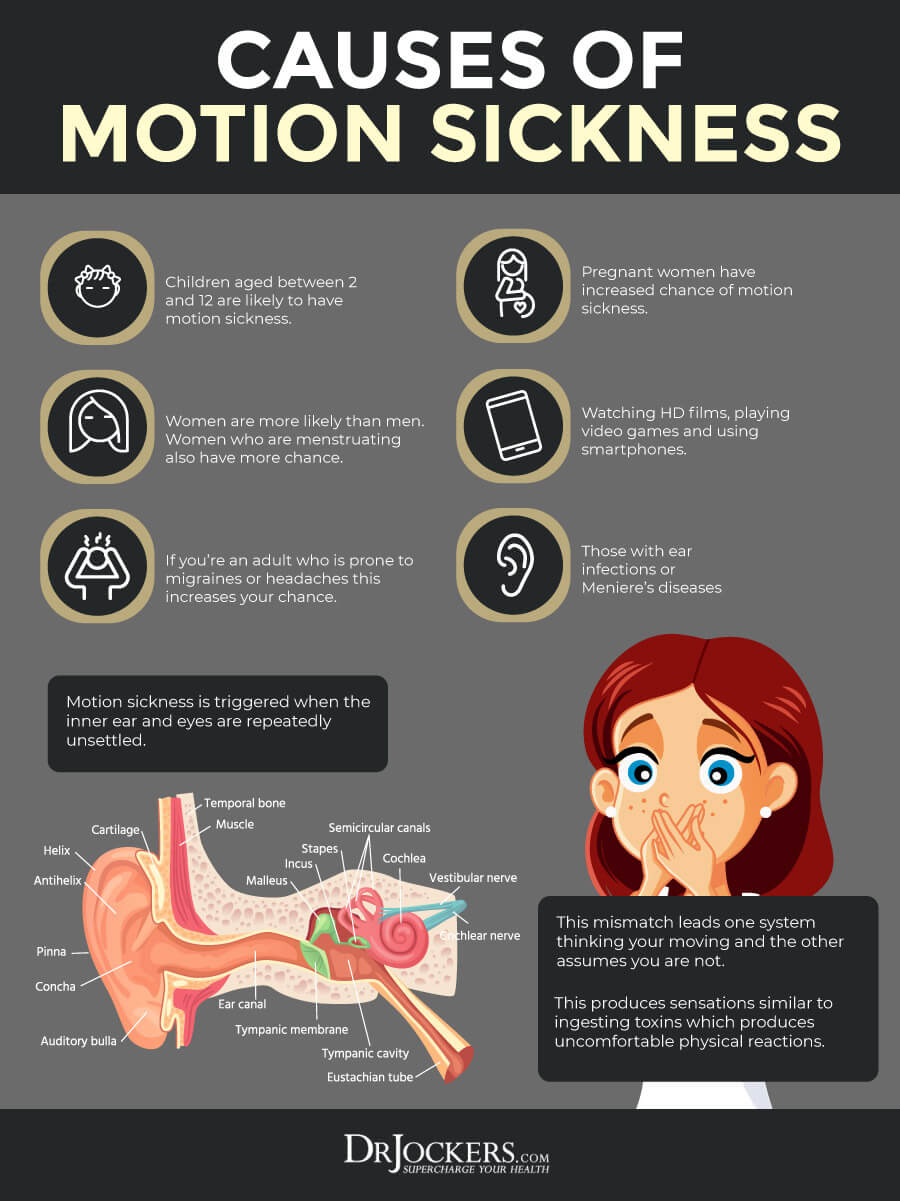
Pregnancy and Nausea
Morning sickness, or nausea during pregnancy, is very common among pregnant women. It may occur at any time of the day, not just in the morning. Morning sickness usually starts around 6 weeks and gets better by the second trimester, however, some women experience nausea during pregnancy for a longer time (4).
This is often related to hormonal changes that take place in the early stages of pregnancy where there is an increase in human chorionic gonadotropin (HCG) which stimulates an increase in estrogen and serotonin which activates the chemoreceptor trigger zone and feelings of nausea. There is also an increase in progesterone that relaxes the stomach muscles and may contribute to slower gastric emptying and increased risk of GERD and nausea.

Certain Medications
Certain medications may lead to nausea, upset stomach, or vomiting as a side effect. Some of the most common medications that may cause nausea include cancer treatment medications, such as chemotherapy drugs, aspirin, antibiotics, such as erythromycin, blood pressure drugs, such as calcium-channel blocker nifedipine, and nonsteroidal anti-inflammatory drugs (NSAIDs), such as ibuprofen opioid pain medicines, and anti-depressants.
Vitamins and mineral supplements, such as iron, may also cause nausea. It is important that you read the information for any medication or supplements you are taking to understand the side effects. You may speak to your doctor about switching medications or helping you to minimize any medication-related nausea (5, 6).
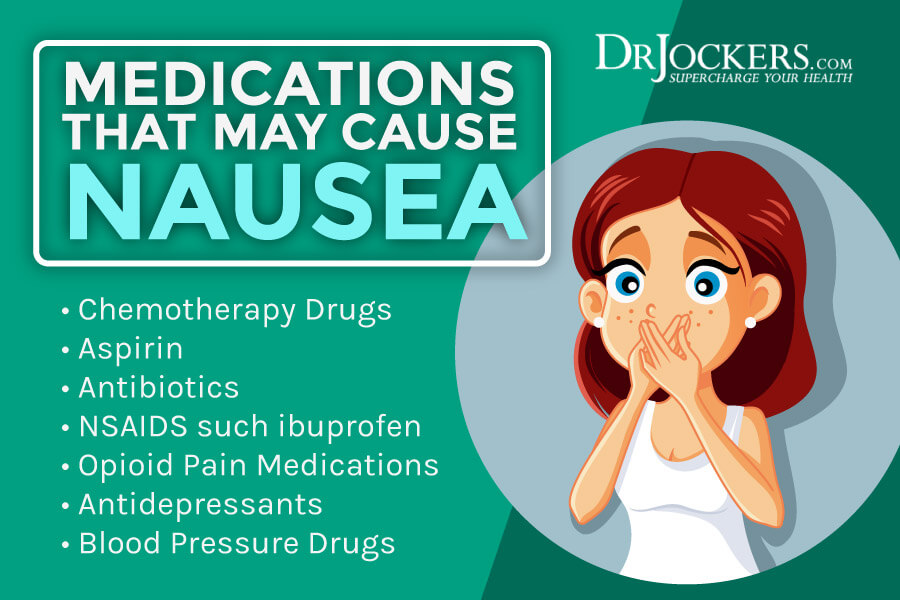
Natural Nausea Solutions
No matter what causes your nausea, there are some natural nausea solutions you can try. Let me share my favorite strategies that I have used to help hundreds of people overcome both short-term acute cases of nausea and chronic nausea conditions.
You may see results by using one or a combination of these strategies. I would begin by picking the ones that seem the easiest to implement right away and then add in new strategies from there until I see relief.

Avoid Common Food Sensitivities
If you are experiencing nausea, avoiding common food sensitivities, gluten, dairy, soy, sugar, wheat, shellfish, fish, peanuts, tree nuts, and corn may benefit you. I recommend that you get some food sensitivity testing done or try an elimination diet to discover your personal food sensitivities.
If you are sensitive to a certain food, it is important that you avoid them instead of simply reducing them. You can also learn more about how to reduce food sensitivities by reading this article.
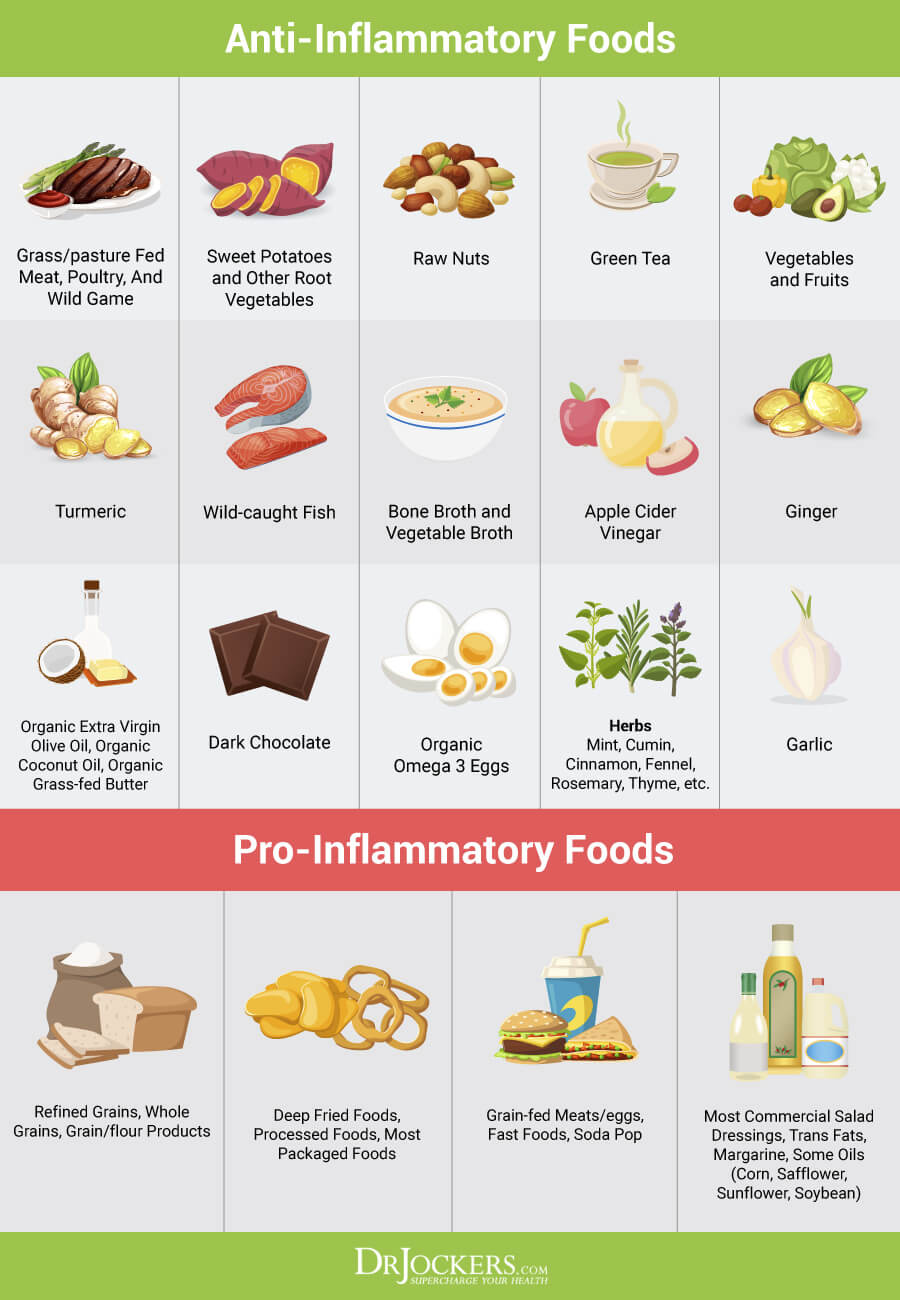
Drink Warm Lemon, Ginger, or Mint Tea
Certain teas, including lemon-ginger or mint tea, may have powerful benefits to improve your nausea. Ginger has been used as traditional medicine for thousands of years for its nausea-reducing benefits. Research has shown that it may help to improve morning sickness, motion sickness, and chemotherapy-induced nausea. Just slice an inch or two of ginger and add it to boiling water for 10 to 15 minutes for a nausea-fighting tea.
You may want to add some lemon to the mix for its cleansing and nausea-reducing benefits. Alternatively, you may want to try another digestion-supporting tea. Mint tea is also fantastic for reducing nausea. Add about 10 mint leaves to a cup of boiling water for about 5 minutes. You may add some lemon for flavor and digestion-soothing benefits (7, 8, 9, 10).
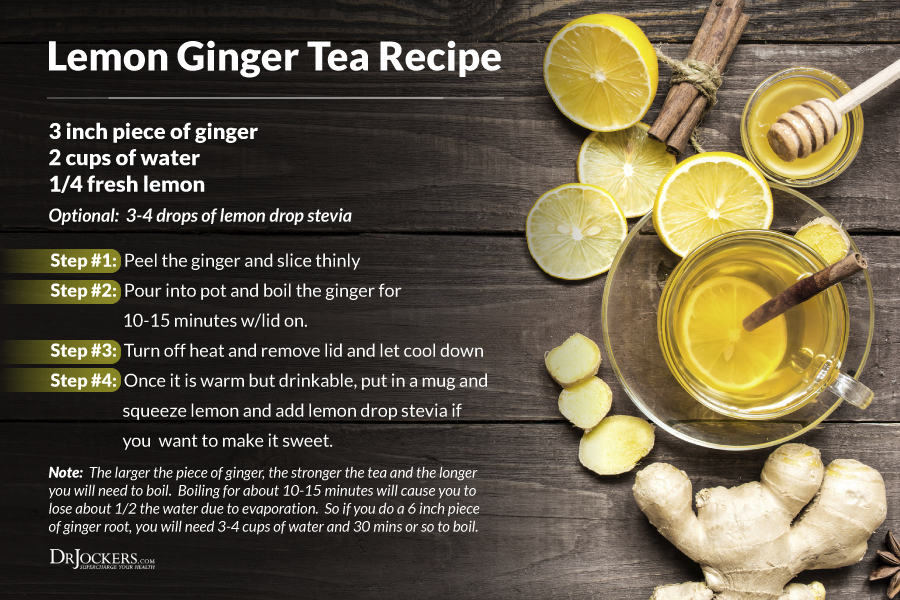
Acupressure for Motion Sickness
According to Chinese medicine, motion sickness and nausea happen because of the disharmony of the stomach. Acupressure may help to regain balance and reduce nausea. You may practice acupressure by yourself as well.
For nausea, you may use the Pericardium 6 (P6) or Nei Kuan point just three finger widths below your wrist joint or the Leg Three Miles, or Stomach 36 (ST36) on the front of your leg. Press on these points for 20- to 30-second intervals for up to 10 minutes to reduce and eliminate your nausea quickly (11).

Diffuse Essential Oils
Essential oils may provide some quick and powerful relief from nausea. You may diffuse a single oil or a combination of several nausea-fighting essential oils. To reduce nausea, I recommend peppermint, lemon, or ginger. Yes, these are the same oils that I also recommended for nausea-reducing teas.
You may even diffuse the oils of these powerful medicinal plants while sipping their tea for double support. Besides diffusing them, you may also add these essential oils to a cloth or rice bag by inhaling them through them. You may massage them onto your skin or add them to a bath. Make sure to always use high-quality, therapeutic-, and food-grade essential oils (7, 8, 9, 10).
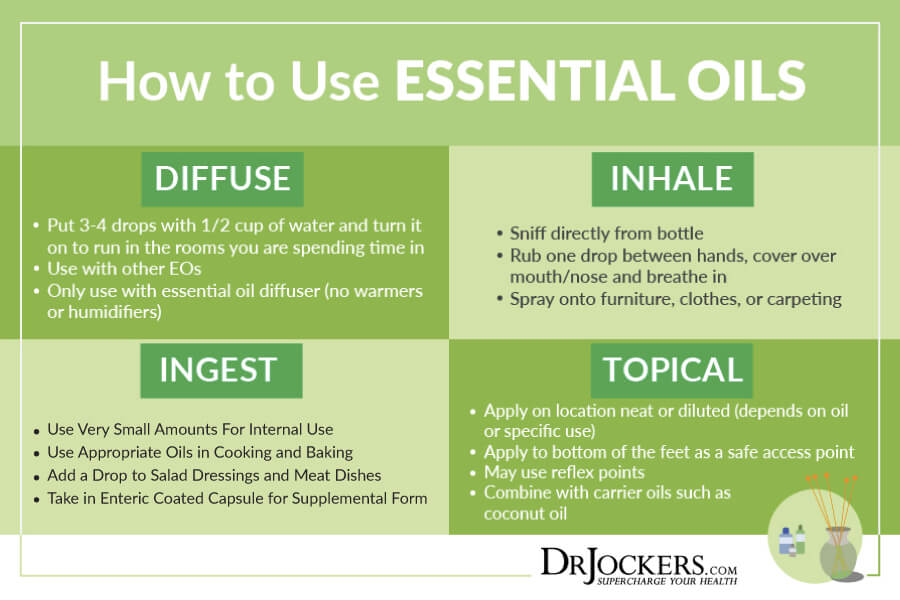
Practice Deep Breathing
Deep breathing is a fantastic way to reduce stress, calm your nervous system, and relax your body. Hence it may help to alleviate nausea as well. Inhale deeply and slowly through your nose to a count of three.
Hold for a count of three, then slowly breathe out for a count of three. Repeat it a few times until your nausea is gone. You may learn about the benefits of breathing here.
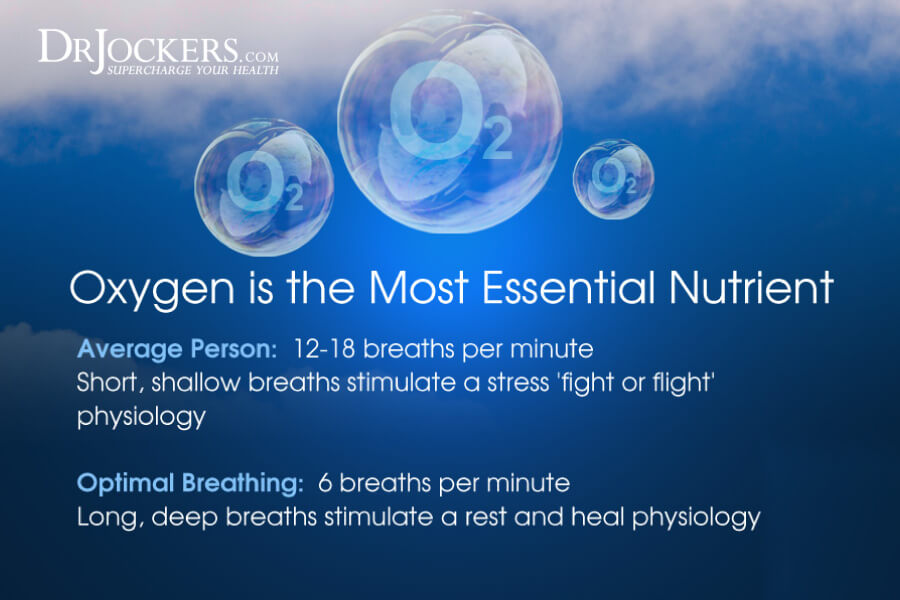
Take Vitamin B6 To Reduce Nausea
Sometimes nutrient deficiencies are the culprit behind nausea. A randomized, double-blind placebo-controlled study has shown that taking vitamin B6 may be effective for nausea during pregnancy.
Foods that are high in vitamin B6 include fish, poultry, pork, eggs, and vegetables, however, you may also benefit from supplementing with vitamin B6 if you are experiencing nausea regularly. Taking one capsule of this B6 Power daily can make a big impact on reducing feelings of nausea and may also work to optimize neurotransmitter metabolism and methylation (12).
Test and Clear Gut Infections
Gut infections and gut imbalances are often the cause of nausea and other digestive complaints. We have already discussed how H Pylori and SIBO can be common causes of nausea. In addition, certain parasites can also cause gas, bloating, and nausea.
This is why I recommend a GI Map Stool Analysis Test. I have found that this is the most thorough stool test that gives actionable biomarkers. Once you know what is off in your gut, you can tackle it effectively and clear your gut infections to prevent nausea.
Improve Stomach Acid Levels
Stomach acid is absolutely critical for disinfecting and killing bad bacteria in your gut. If your body doesn’t have enough stomach acid, it may result in microbial overgrowth, poor digestion, and nausea. Hence, improving your stomach acid levels is crucial for resolving nausea.
Some ways to improve your stomach acid levels include eating ginger, drinking very little with your meals, holding off until after your meals, taking liquid meals, such as protein shakes, and eating fermented foods. To learn more about the importance of stomach acid and how to improve it, read this article.
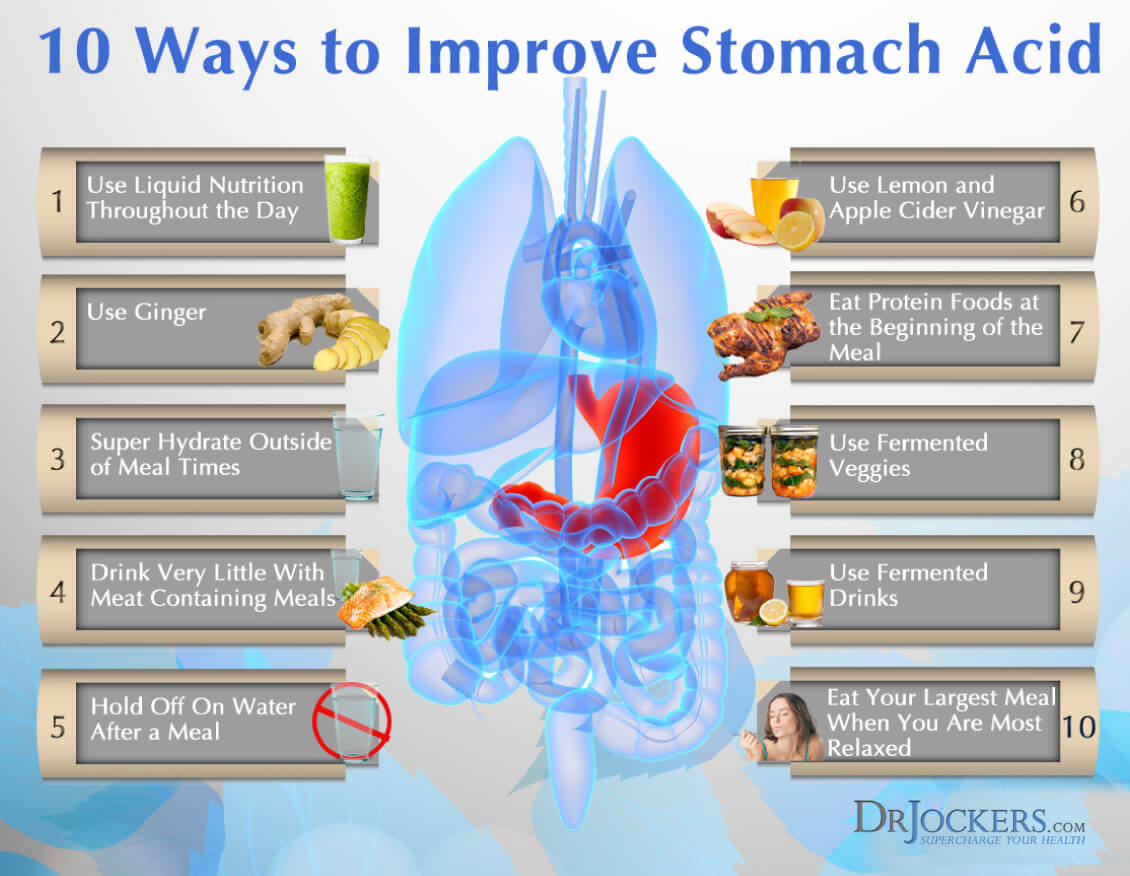
Use Digestive Enzymes with Meals
Taking digestive enzymes with your meals may help your body digest your food, boost nutrient assimilation, reduce nausea and digestive discomfort, reduce inflammation, and improve your health.
I recommend SuperDZyme because it includes a variety of digestive enzymes to address all digestive enzymatic effects for optimal digestion, work in a wide pH range, and is created with bioavailable enzymes to reduce stress for optimal nutrient absorption (13, 14, 15, 16).

Use Probiotics To Reduce Nausea
Probiotics help to populate your gut with good bacteria and create gut flora balance. Eating probiotic-rich foods, such as sauerkrauts, kimchi, kefir, and kombucha is important, however, to prevent or reduce nausea and other digestive issues, it is critical that you also take a daily probiotic supplement.
I recommend using soil-based probiotics, such as SBO Probiotics – Ultimate. This product is shelf-stable, does not require refrigeration, includes 50 billion CFU of diverse strains of probiotics, and includes a healthy dose of prebiotics for optimal digestion (17).
Consider a Gut Repair Supplement
If you are dealing with nausea or gut issues, I highly recommend Gut Repair. This supplement has four specialized ingredients, including licorice, glutamine, arabinogalactan, and aloe vera leaf extract for enhanced gastrointestinal support.
These nutrients work to reduce inflammation, soothe the irritated intestinal membrane, and improve intestinal cell health. Additionally, these nutrients improve the health of the gut microbiome and work to help reduce H Pylori overgrowth, SIBO, and dysbiosis (18).
Final Thoughts on Nausea
Nausea is an unpleasant feeling in the stomach we all know that makes you feel like vomiting and leaves you feeling unwell. It may develop due to both physical and emotional reasons and can be treated naturally. Try my natural healing strategies to prevent and reduce your symptoms and improve your well-being.
If you seem to be struggling with chronic nausea that doesn’t seem to be getting better in spite of your best efforts, I would recommend consulting with a functional health coach. If you want to work with a functional health coach, I recommend this article with tips on how to find a great coach.
On our website, we offer long-distance functional health coaching programs. For further support with your health goals, just reach out—our fantastic coaches are here to support your journey.








What a fantastic article..Loads of great info..Thank you!